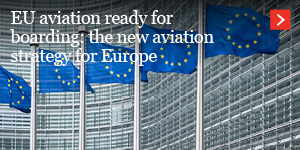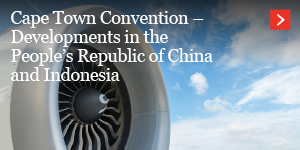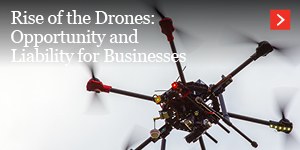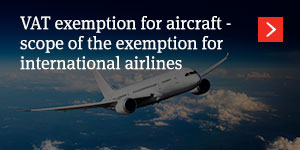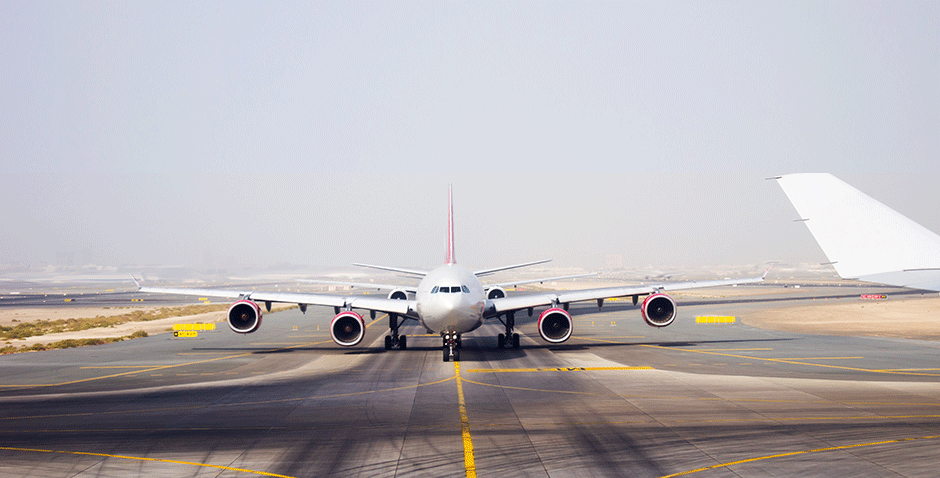Welcome to October 2016 edition of Legalflyer.
EU aviation ready for boarding: the new aviation strategy for Europe
The European Commission’s Aviation Strategy for Europe is an ambitious plan to address the challenges faced by the industry and EU airlines. London and Brussels-based antitrust, competition and regulatory lawyers, Ian Giles and Raluca Marian select specific areas covered by this strategy to illustrate those challenges and highlight the suggestions for reform some of which will be temporarily frustrated by post-Brexit negotiations and framework.
Cape Town Convention – Developments in the People’s Republic of China and Indonesia
The ratification of the Cape Town Convention continues apace. The degree of benefit it brings to aircraft finance and leasing is largely dependent on the way it is legislated for and implemented in the relevant jurisdiction. Matthew Leigh from our Singapore office and Tasdikiah Siregar and Patron Hara from our Jakarta office consider current practice and regulation in East Asia’s two most populous jurisdictions, the People’s Republic of China and Indonesia.
Cyber risks faced by the aviation industry - ten things to know
Recent analysis indicates that cyber risk is a growing threat, with one report suggesting that the industry is subject to over 1,000 cyber-attacks per month. Cyber risk is a broad concept encompassing a range of risks arising out of the use of data and information technology. London lawyer Stephen Hadwin in his ‘ten things to know’ guide, provides an overview of the ways in which cyber risk affects the aviation industry and how this risk might best be managed.
Rise of the Drones: Opportunity and Liability for Businesses
In April 2016 CNN reported that a drone hit a British Airways aircraft as it was preparing to land at Heathrow Airport. The issue for aviation regulators globally is finding the balance between ensuring safety and preventing overregulation of an industry so full of commercial potential. Australia was the first country to regulate the use of drones and, in this article, Tom Young from our Brisbane office reviews the regulatory landscape for owner / operators and the aviation industry.
VAT exemption for aircraft – scope of the exemption for international airlines
The European Union value added tax (VAT) directive exempts procurers of supplies of aircraft and parts from paying VAT where the airlines are “operating for reward chiefly on international routes”. There is, however, a wide divergence between Member States as to the level of international flights an airline must operate to qualify, presenting an uncertain VAT exemption framework. Tax lawyers from our Amsterdam, Hamburg, London, Milan and Paris offices look at the consequences for airlines of this divergence.
